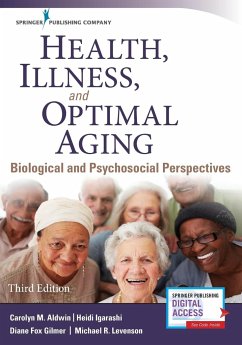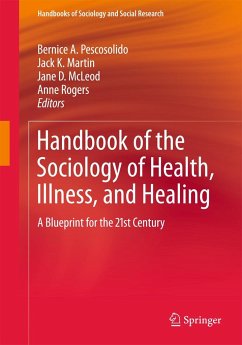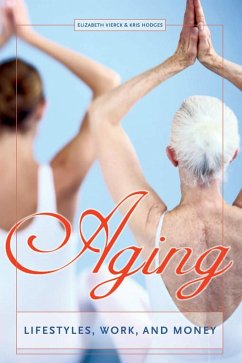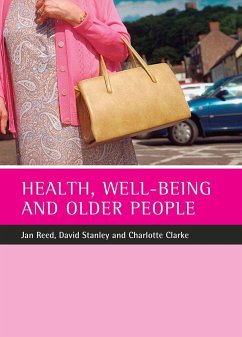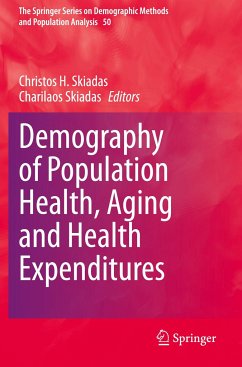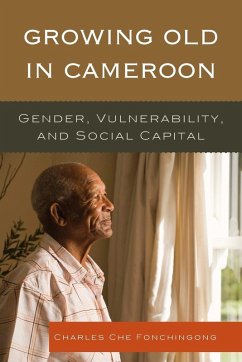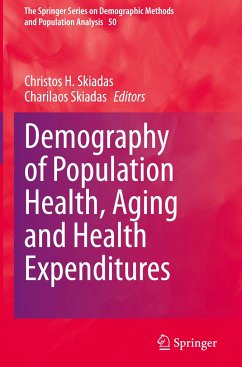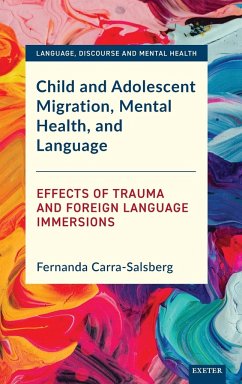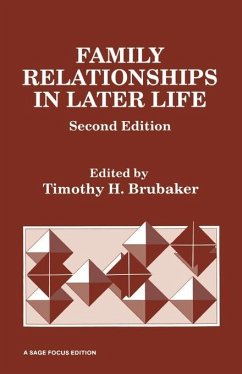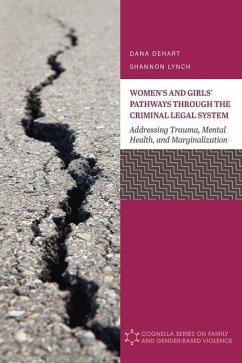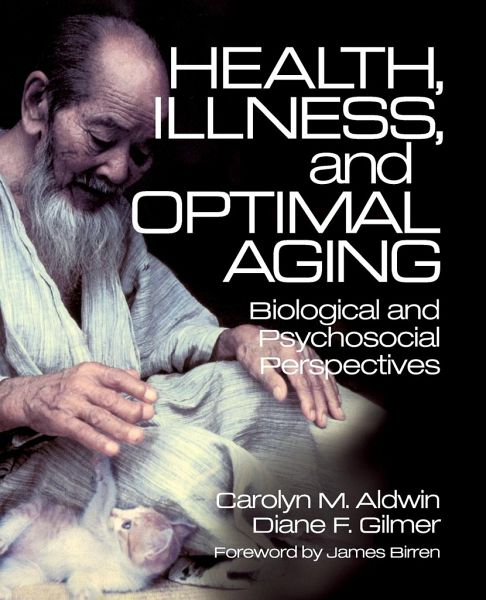
Health, Illness, and Optimal Aging
Biological and Psychosocial Perspectives
Versandkostenfrei!
Versandfertig in 1-2 Wochen
148,99 €
inkl. MwSt.

PAYBACK Punkte
74 °P sammeln!
In Health, Illness, and Optimal Aging: Biological and Psychosocial Perspectives, Carolyn M. Aldwin and Diane F. Gilmer undertake the challenging task of assembling an objective and holistic picture of human aging. The authors provide comprehensive, multidisciplinary coverage of the physical aspects of aging, including age-related changes and disease-related processes, the demography of the aging population, theories of aging, and the promotion of optimal aging. In addition, the book covers the psychosocial aspects of aging, including mental health, stress and coping, spirituality, and care giv...
In Health, Illness, and Optimal Aging: Biological and Psychosocial Perspectives, Carolyn M. Aldwin and Diane F. Gilmer undertake the challenging task of assembling an objective and holistic picture of human aging. The authors provide comprehensive, multidisciplinary coverage of the physical aspects of aging, including age-related changes and disease-related processes, the demography of the aging population, theories of aging, and the promotion of optimal aging. In addition, the book covers the psychosocial aspects of aging, including mental health, stress and coping, spirituality, and care giving in later years. Health, Illness and Optimal Aging is recommended for researchers seeking an overview of health psychology and aging, as well as undergraduate and graduate students taking classes in the social, behavioral, and health sciences. This text is also valuable for practitioners working with the elderly in fields such as nursing, social work, occupational and physical therapy, day-care and nursing home administration, psychology, and rehabilitation.





